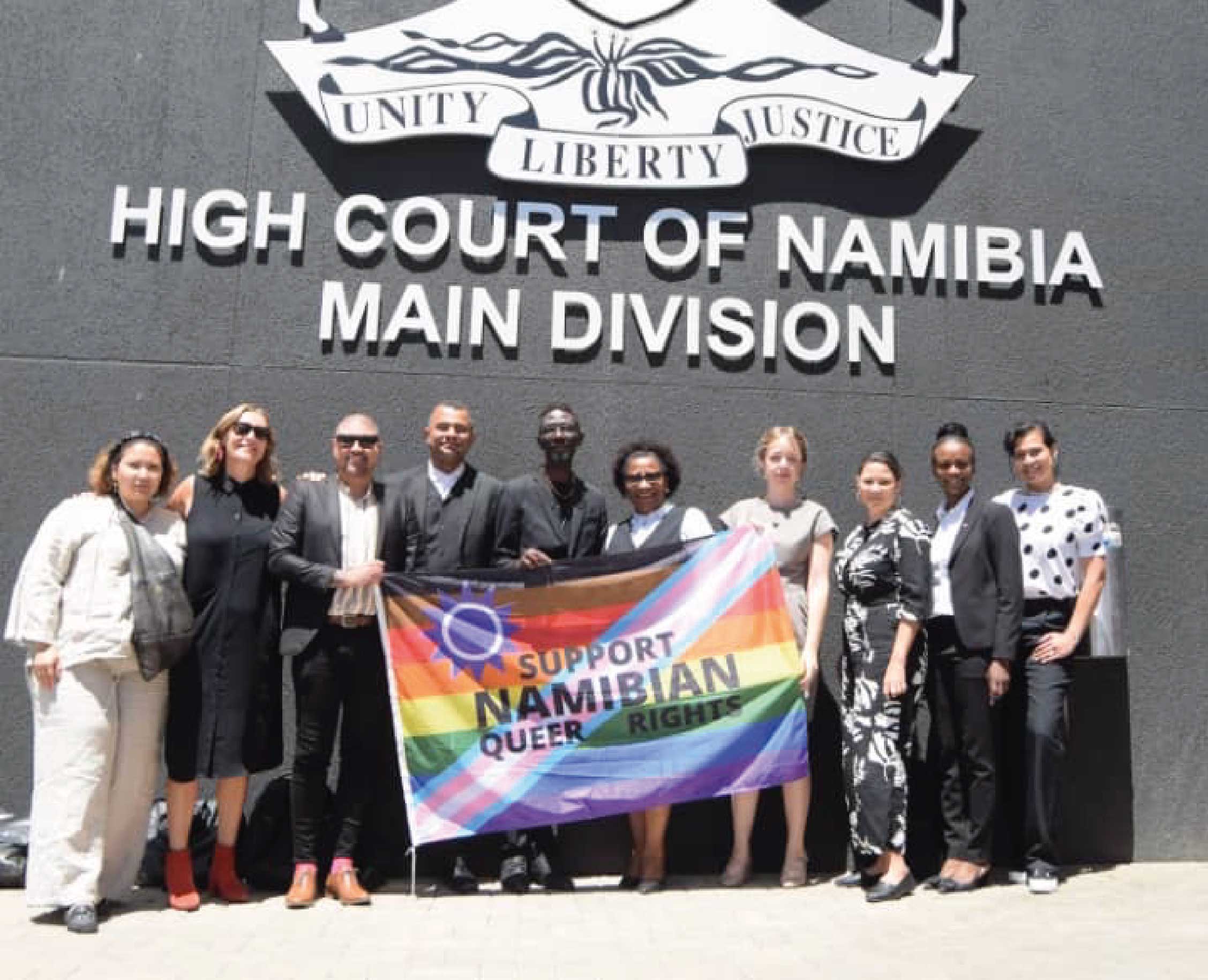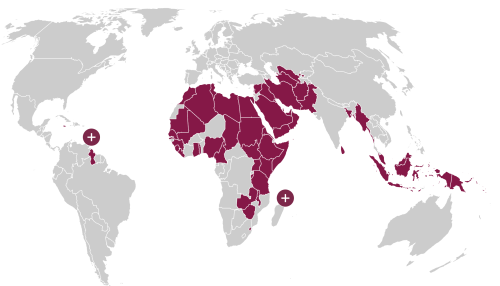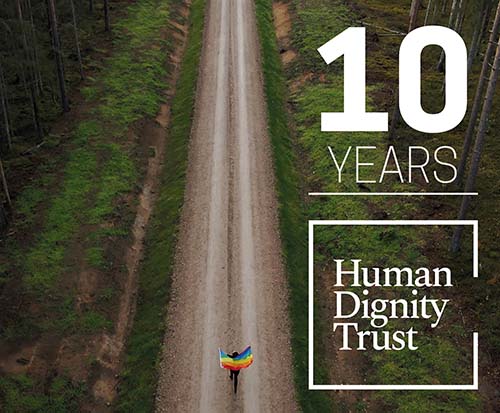2022
In November, an official ambassador for the Qatari World Cup described homosexuality as “damage in the mind”. In an interview with German broadcaster Khalid Salman, a former Qatar international footballer, said “They have to accept our rules here. [Homosexuality] is haram. You know what haram means? . . . I am not a strict Muslim but why is it haram? Because it is damage in the mind.”
2021
In late 2021, a number of high-profile sports players drew attention to the ongoing criminalisation and persecution of LGBT people in Qatar. In October, Olympic diver Tom Daley expressed his view that countries that criminalise LGBT people should not be permitted to host international sporting tournaments, specifically referencing the 2022 World Cup scheduled in Qatar. In November, the Australian footballer Josh Cavallo, who had recently came out publicly as gay, said that the fact that Qatar maintains the possibility of the death penalty for same-sex sexual activity is something he’s “very scared of and [he] wouldn’t really want to go to Qatar for that”. Later in November, Formula One driver Lewis Hamilton wore an LGBT Pride flag on his helmet during the Qatar Grand Prix and spoke out against the country’s human rights record.
2020
The US Department of State report stated there were no reports of violence against LGBT persons who largely hid their sexual orientation due to a pattern of discrimination against them. Furthermore, the report stated that due to social and religious conventions, there were no LGBT organisations, gay pride marches, or gay rights advocacy events. Information was not available on official or private discrimination in employment, occupation, housing, statelessness, or access to education or health care based on sexual orientation and gender identity.
Freedom House’s Freedom in the World report found that LGBT people are subject to legal and societal discrimination, and same-sex relationships must be hidden as a result.
An American university cancelled an event at its Qatar campus featuring a prominent Lebanese band, Mashrou Leila, after an online backlash sparked safety concerns. The band’s lead singer is openly gay, and they received significant public attention in 2017 after their display of support for LGBT rights at a concert in Egypt led to a crackdown against the LGBT community
2018
Qatar initiated censorship of LGBT rights news coverage. ABC News reported, for example, that several articles that pertained to issues affecting the LGBT community had been excised from the Doha edition of the New York Times International Edition.



